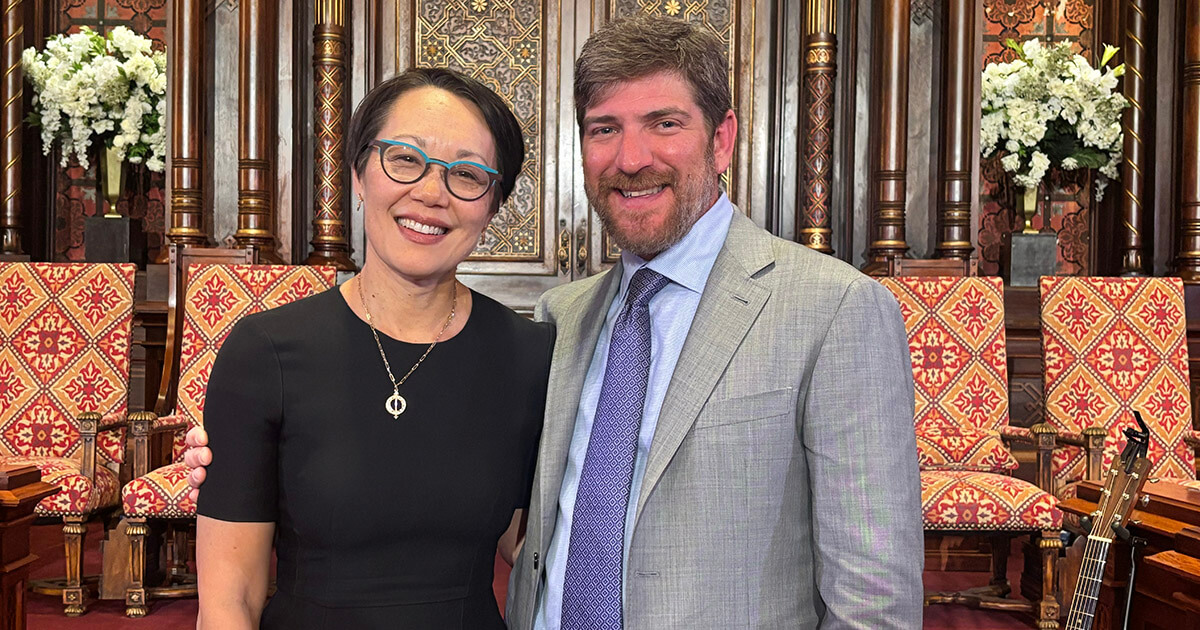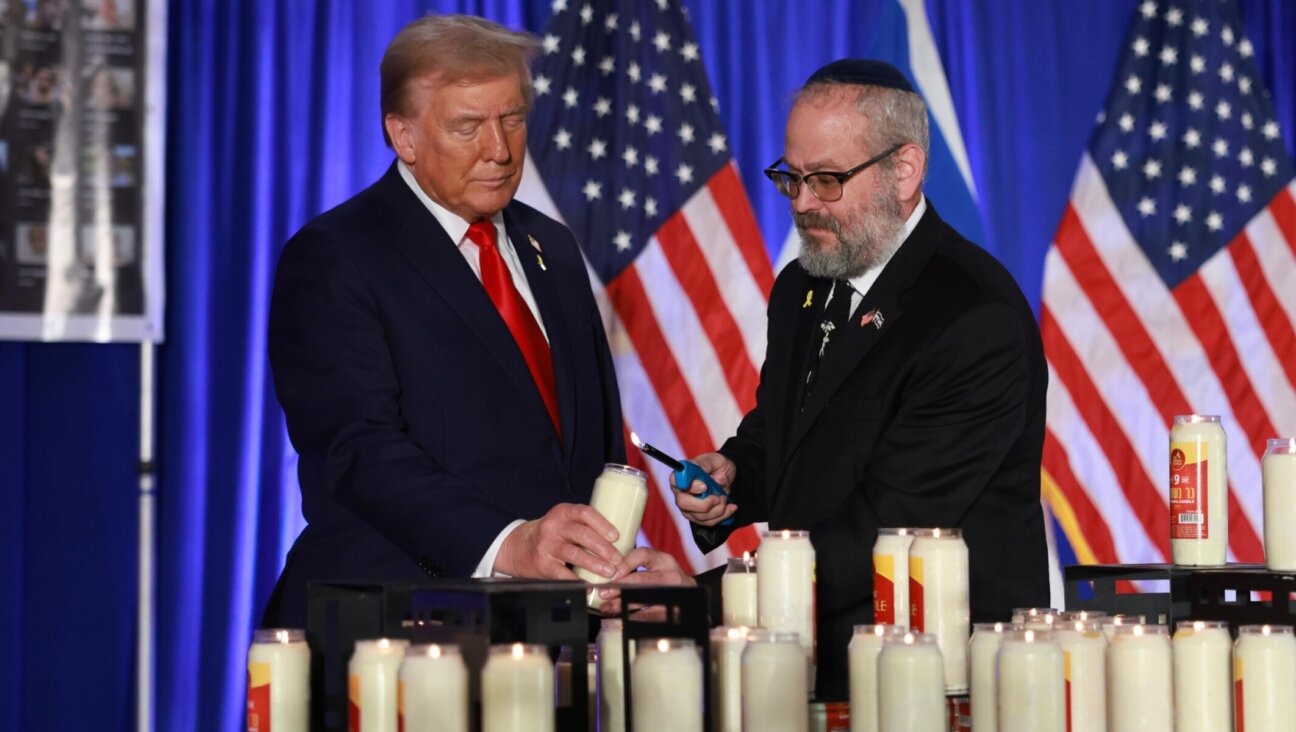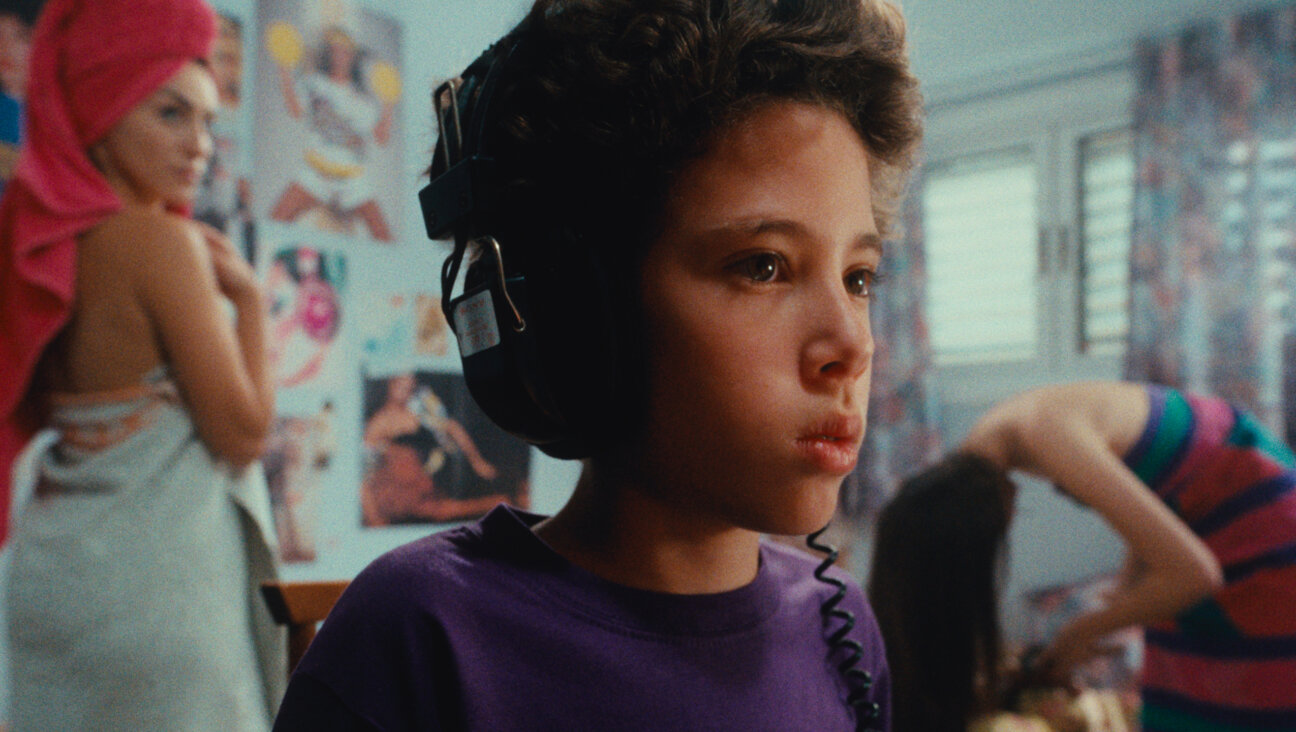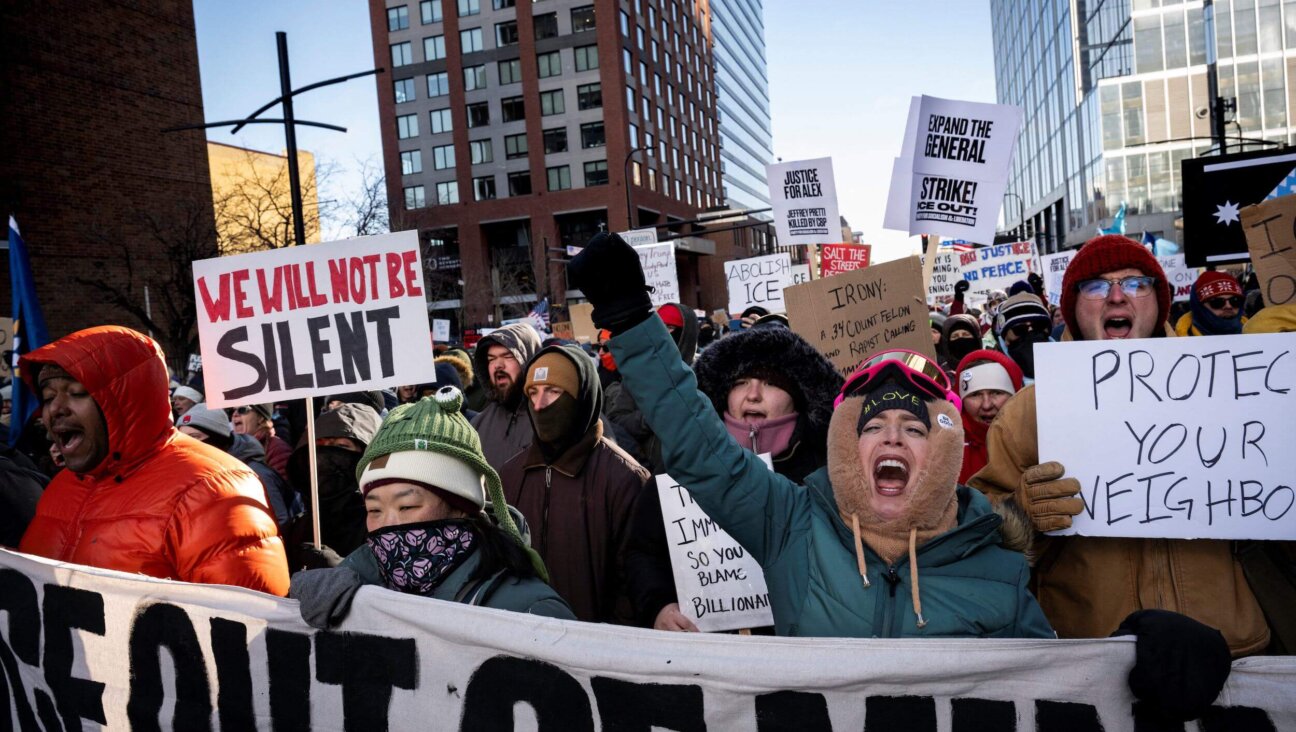Barack Obama To Pay Homage to Jewish History, Avoid Settlement Debate in Israel

Graphic by Angelie Zaslavsky
President Barack Obama will embrace Jewish history while skirting the morass of West Bank settlements when he visits Israel this week – a selective itinerary laden with diplomatic signals.
The tour, running from Wednesday to Friday, is meant to warm Israelis to the cool-tempered, second-term Democratic leader who is prodding their rightist prime minister, Benjamin Netanyahu, to hold fire on Iran and make way for a Palestinian state.
Some in Israel smart at the fact Obama took this long to come and that in a speech in Cairo in 2009, he appeared to argue that the legitimacy of Jewish sovereignty in the Middle East stemmed from the Holocaust – a European calamity foreign to many Arabs.
Obama will pay his respects at the grave in Jerusalem of Theodor Herzl, the Zionist visionary who died more than four decades before the 1948 founding of Israel. Reaching back further, he will view ancient Jewish parchments at Israel’s main museum.
Known as the Dead Sea Scrolls, they were discovered in the West Bank – today occupied by the Israelis, who see the land as their biblical birthright. The United States says the land should be part of an independent Palestine.
Michael Oren, Israel’s ambassador to the United States, said that the scrolls were “written 2,000 years ago by Jews, in Hebrew, in their homeland, the Land of Israel”.
Obama’s viewing of them will convey a message to the world about the Jewish state’s deep roots in the Middle East.
“This is not a country that fell out of the sky after the Holocaust. This is a country that is truly rooted in the region, and it is permanent and it is legitimate,” Oren told Israel’s Channel Two television.
In an interview with the same station last week, Obama recognised “the fundamental right of Israel to be secure as a homeland of the Jewish people, and its connection to the land”.
The United States, like most other world powers, has spoken out against Jewish settlements in the West Bank, which Obama suggested were hardening Palestinian hostility to Israel.
Obama’s visit includes a meeting with Palestinian President Mahmoud Abbas and a separate West Bank excursion to Bethlehem – both by helicopter, skipping over Israeli bulldozers, security barriers and military deployment in the territory.
Abbas told the Russia Today television station on Friday: “President Obama said several times he was against (Israeli) settlement…Israel has been making mistakes every day and no one has pointed the finger of blame at them.”
The helicopter hops will limit Obama’s exposure to ordinary Palestinians. Outraged at their stalled statehood drive, Palestinian protesters defaced scores of pictures of the U.S. president during scattered street protests on Monday.
Wariness of heckling by pro-settler hawks also appears to have been behind Obama’s decision not to address the Knesset, Israel’s parliament.
Instead, he will speak to Israeli students on Thursday invited by the U.S. Embassy – which excluded a university recently founded in the West Bank settlement Ariel.
Unlike when he last visited, as a U.S. senator in 2008, Obama will not go to the Western Wall, Judaism’s most important prayer plaza. It is located at the heart of East Jerusalem, among lands Israel captured in the 1967 Middle East war and which it annexed as its capital in a move never accepted abroad.
By tradition, worshippers and tourists alike leave notes in the cracks of the wall, a gesture Obama may want to avoid as Israelis and Palestinians try to divine U.S. strategy. His handwritten goodwill meditation of 2008 was quickly prised out by onlookers and published in the media.
In tackling Iran’s disputed nuclear programme, Washington wants more time for sanctions against Tehran to work and to avoid a unilateral Israeli military strike. But the United States’ extensive funding of Israeli missile defence systems like Arrow and Iron Dome show a strong committment to the Jewish state’s security.
Obama’s first port of call after landing in Tel Aviv will be a nearby Iron Dome battery.















